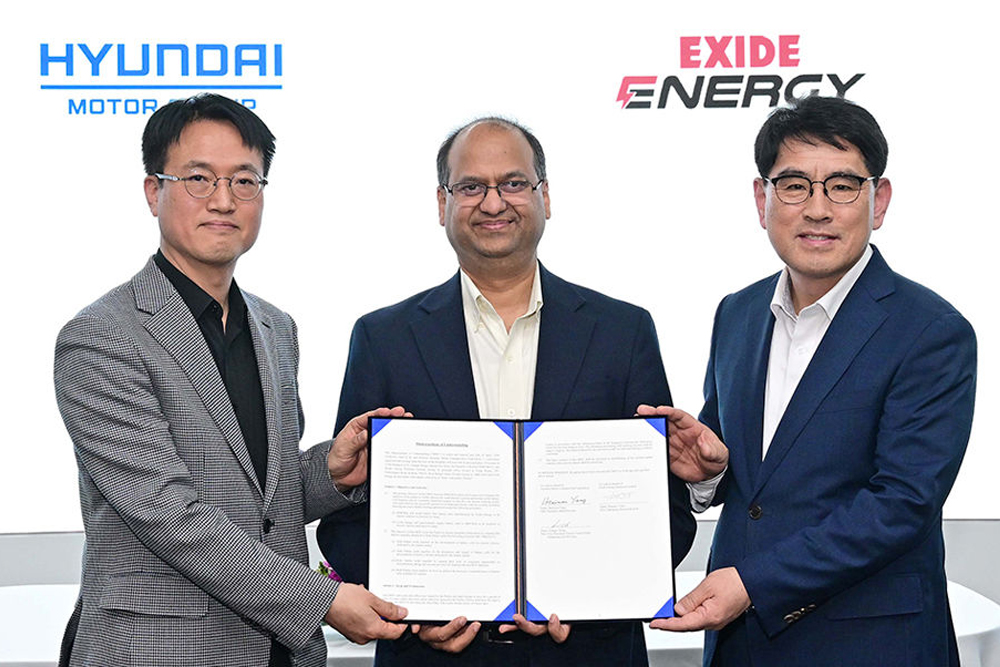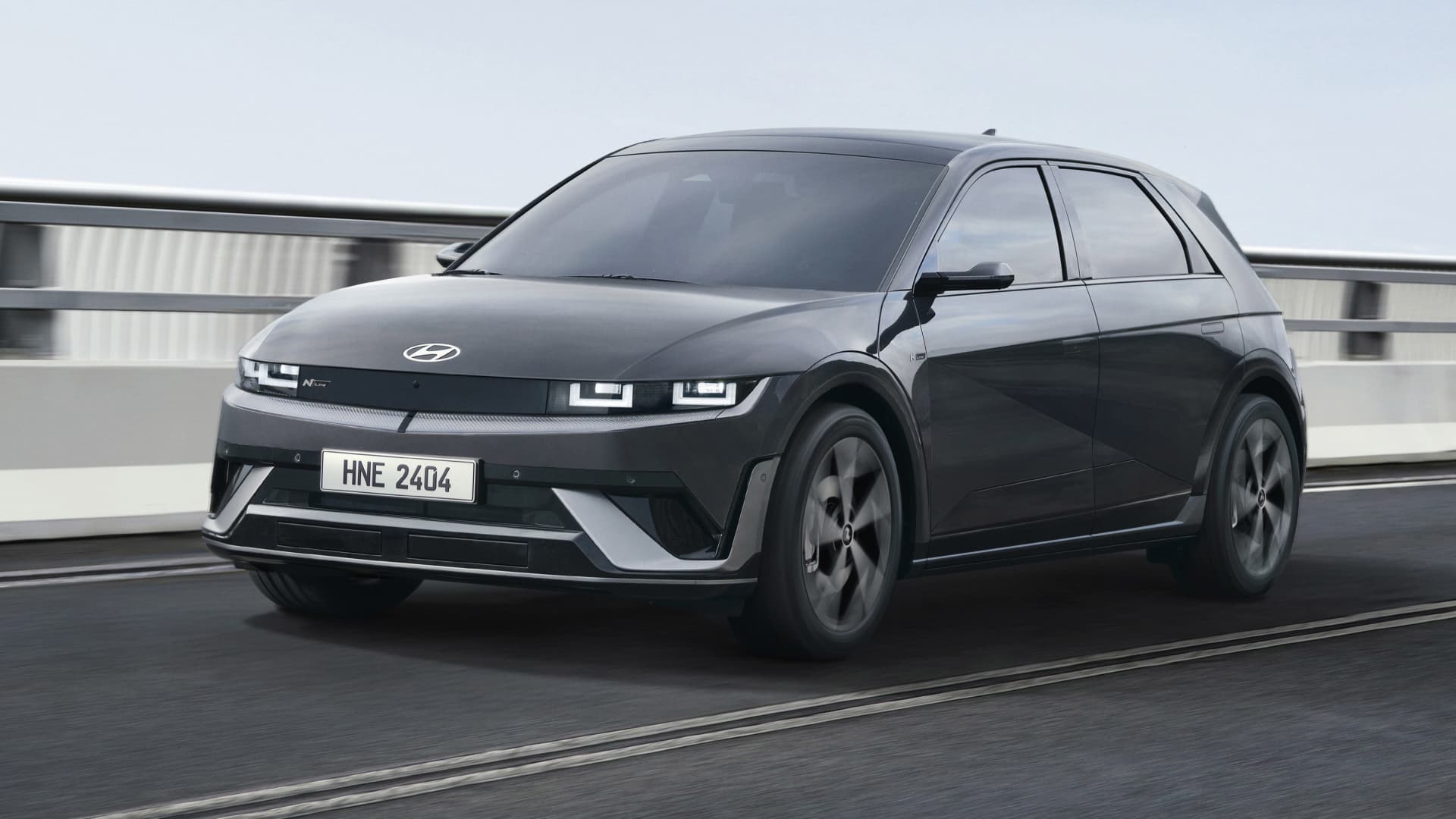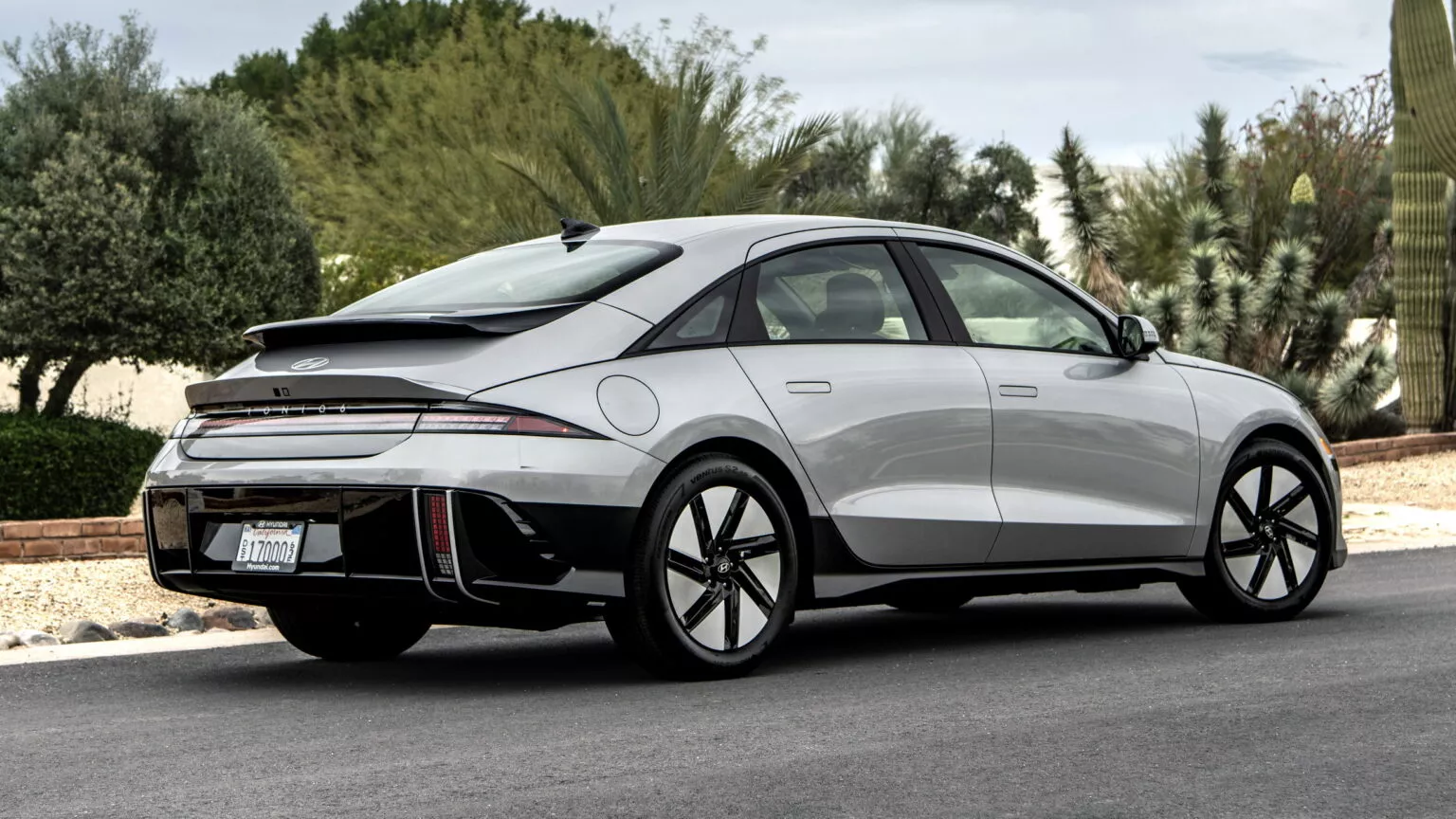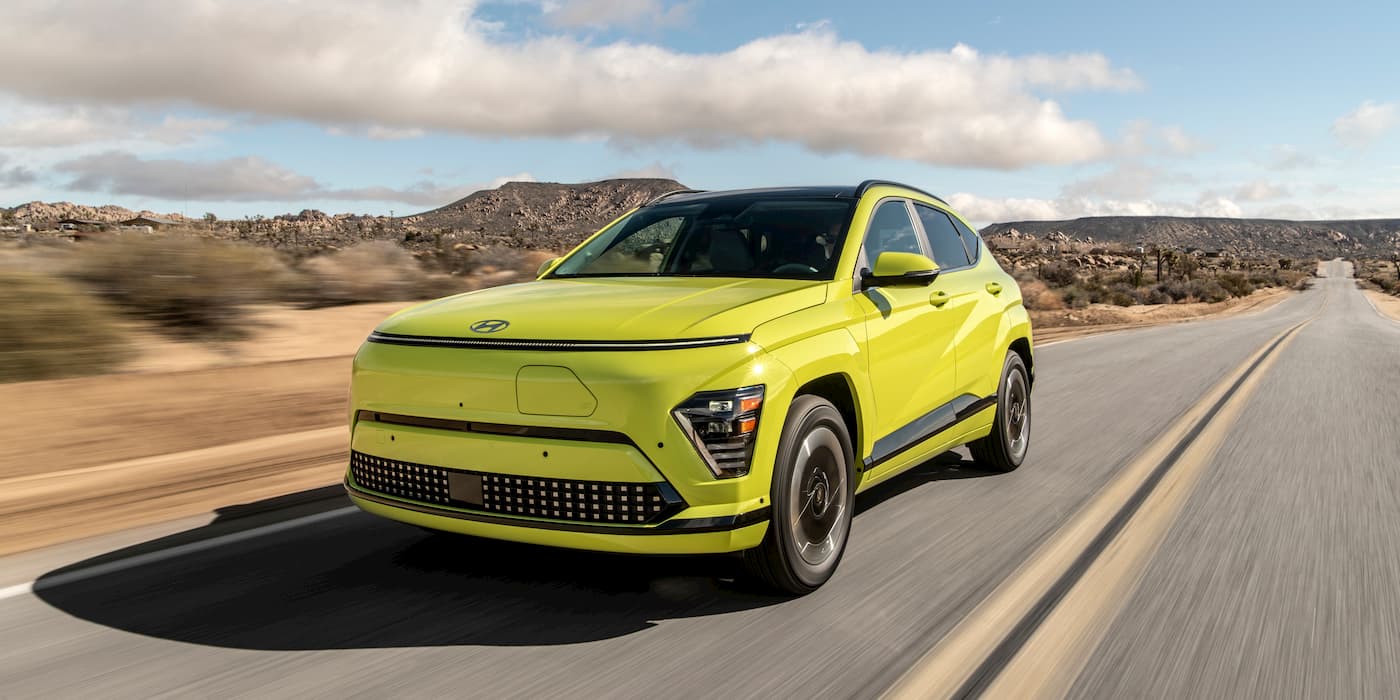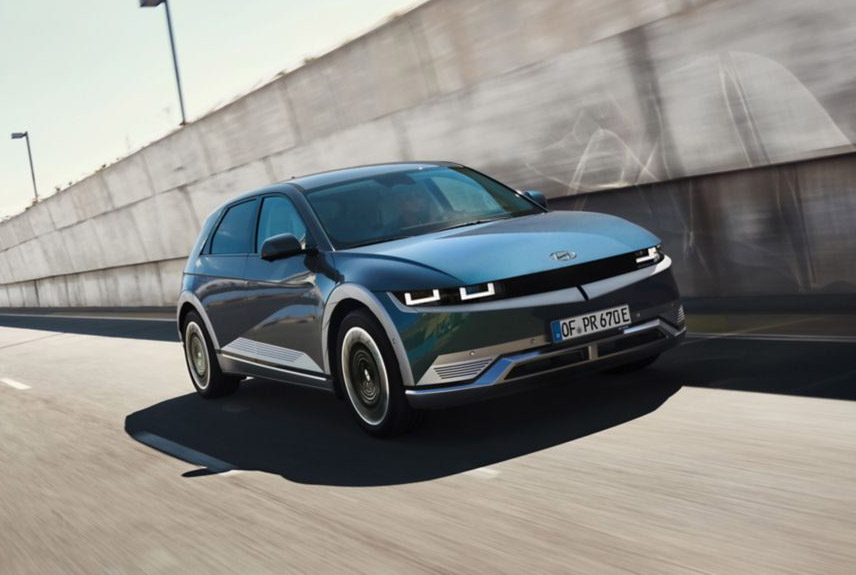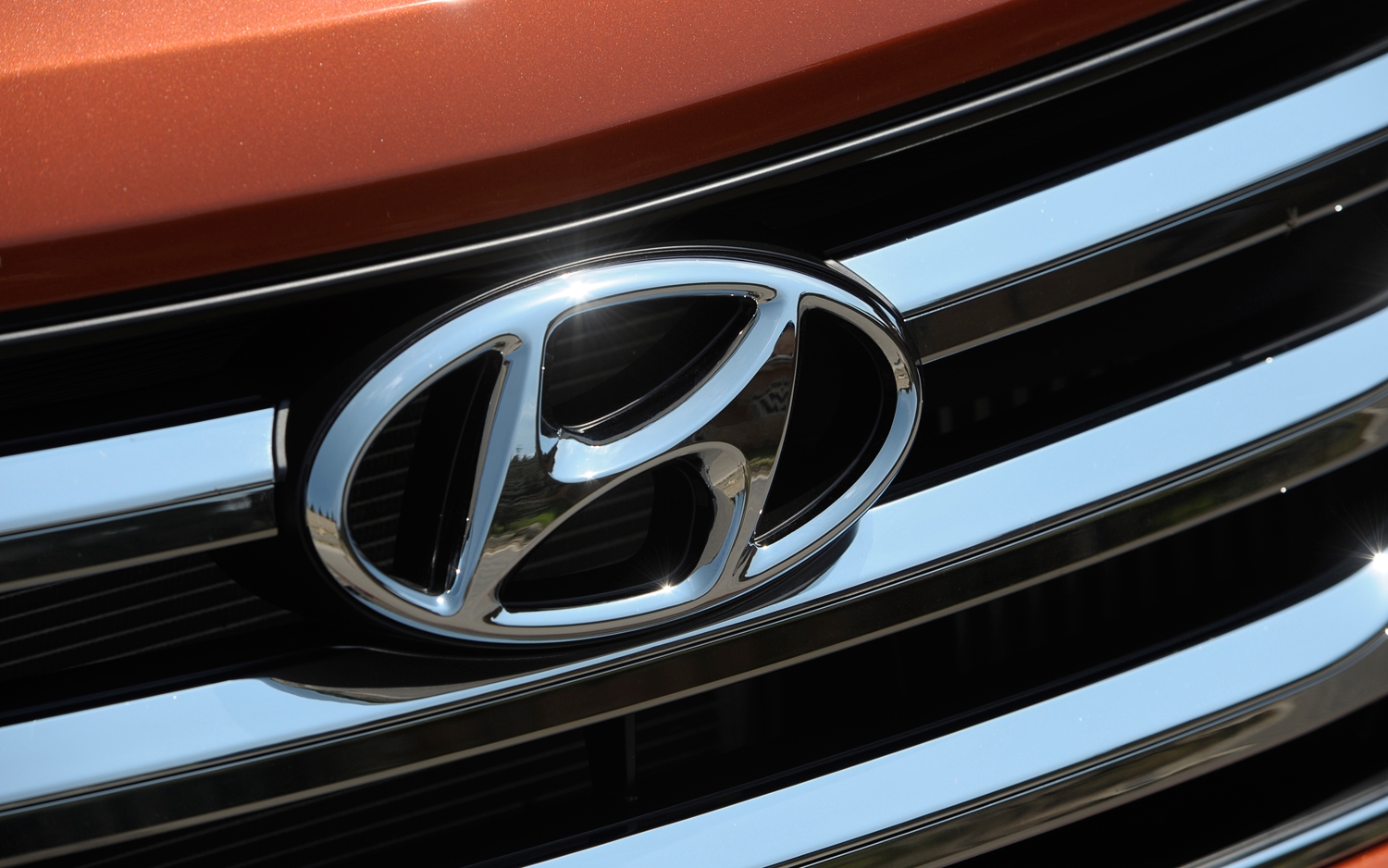Hyundai and Kia are looking to equip their electric vehicles (EVs) in India with lithium iron phosphate (LFP) batteries from local manufacturer Exide. The strategic partnership between the automakers and Exide aims to expand their EV plans for the Indian market and localize battery production, aligning with India’s carbon neutrality goals.
While specific details about which models will feature the locally produced batteries have not been disclosed, Exide Industries, based in Kolkata, will produce LFP cells for Hyundai and Kia’s EVs. The partnership positions the companies as pioneers in using domestically produced batteries in their upcoming EV models in India.
Exide established Exide Energy Solutions in 2022 to manufacture and assemble LFP batteries, focusing on various Li-ion chemistries and form factors and securing a license from Chinese manufacturer SVOLT. However, the partnership with Hyundai and Kia specifies LFP cells without further details on form factor or energy density, and the extent of the supply deal remains undisclosed.
Heui Won Yang, President and Head of Hyundai Motor and Kia’s R&D Division, highlighted India’s importance in vehicle electrification, emphasizing the need for cost competitiveness through local battery production. “Through this global partnership with Exide Energy Solutions Ltd., we will gain a competitive advantage by equipping Hyundai Motor and Kia’s future EV models in the Indian market with locally produced batteries,” Yang stated.
Currently, Hyundai offers the Kona Electric in India, assembled with the 39.2 kWh battery. The 800-volt Ioniq 5 is also part of Hyundai’s Indian portfolio. Kia sells its first EV6 GMP model in India, with an electric version of the Kia Carens EV also planned for the market.

